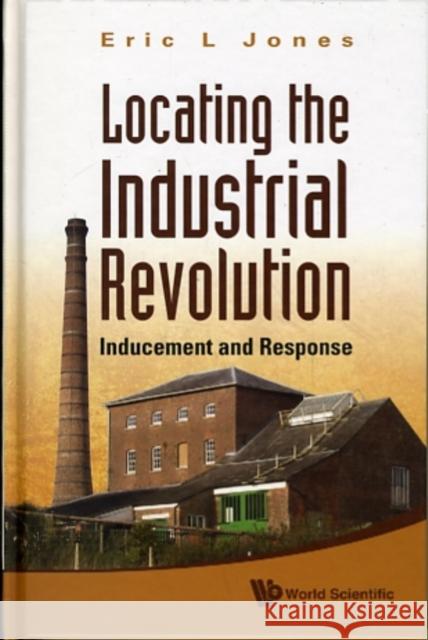Locating the Industrial Revolution: Inducement and Response » książka
Locating the Industrial Revolution: Inducement and Response
ISBN-13: 9789814295253 / Angielski / Twarda / 2010 / 280 str.
The familiar industrialisation of northern England and less familiar de-industrialisation of the south are shown to have depended on a common process. Neither rise nor decline resulted from differences in natural resource endowments, since they began before the use of coal and steam in manufacturing. Instead, political certainty, competitive ideology and Enlightenment optimism encouraged investment in transport and communications. This integrated the national market, intensifying competition between regions and altering economic distributions. Despite a dysfunctional landed system, agricultural innovation meant that the south's comparative advantage shifted towards the farm sector. Meanwhile its manufactures slowly declined. Once industry clustered in the less-benign northern environment, technological changes in manufacturing accumulated there.
This book portrays the Industrial Revolution as deriving from economic competition within unique political arrangements.











